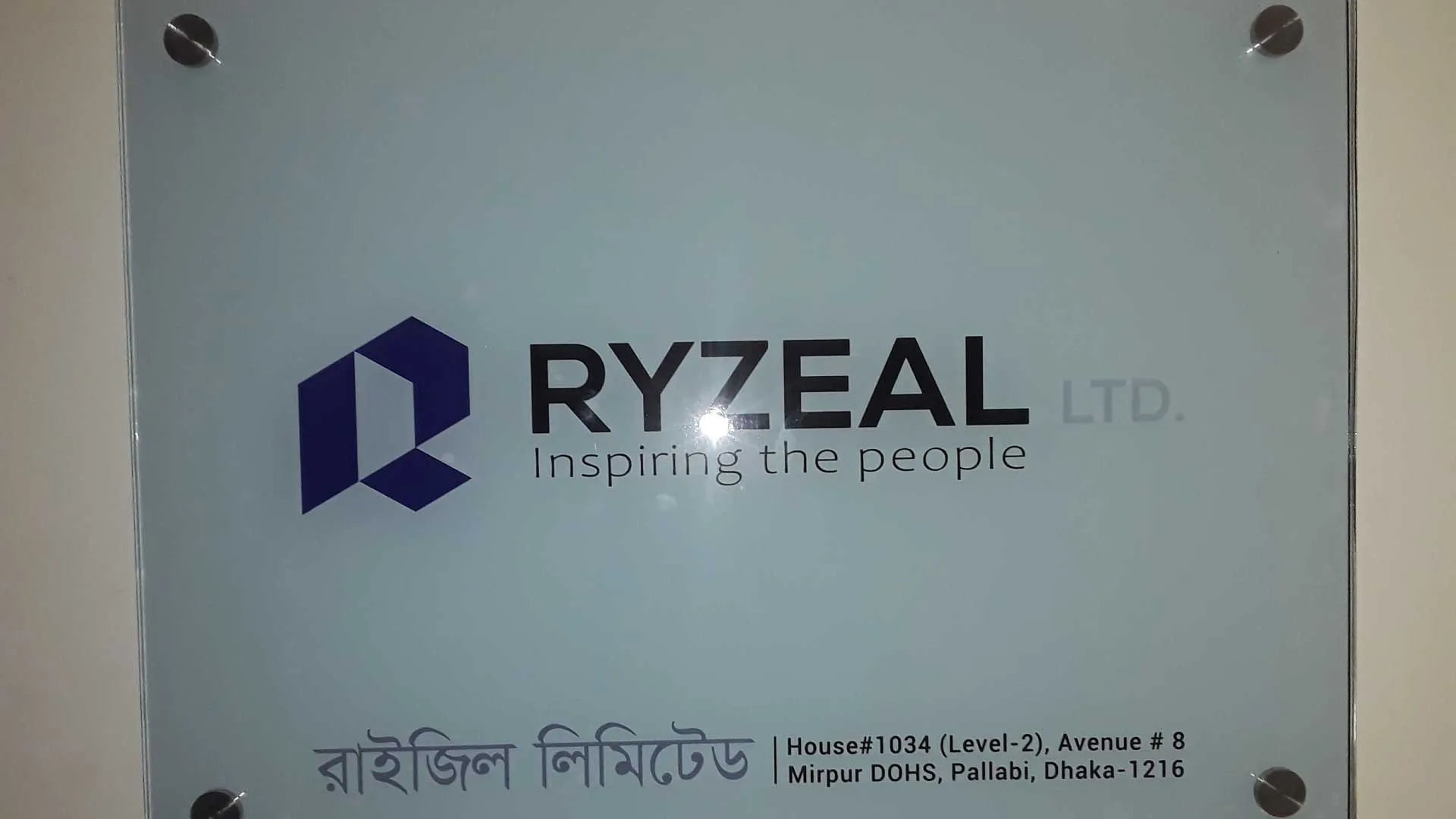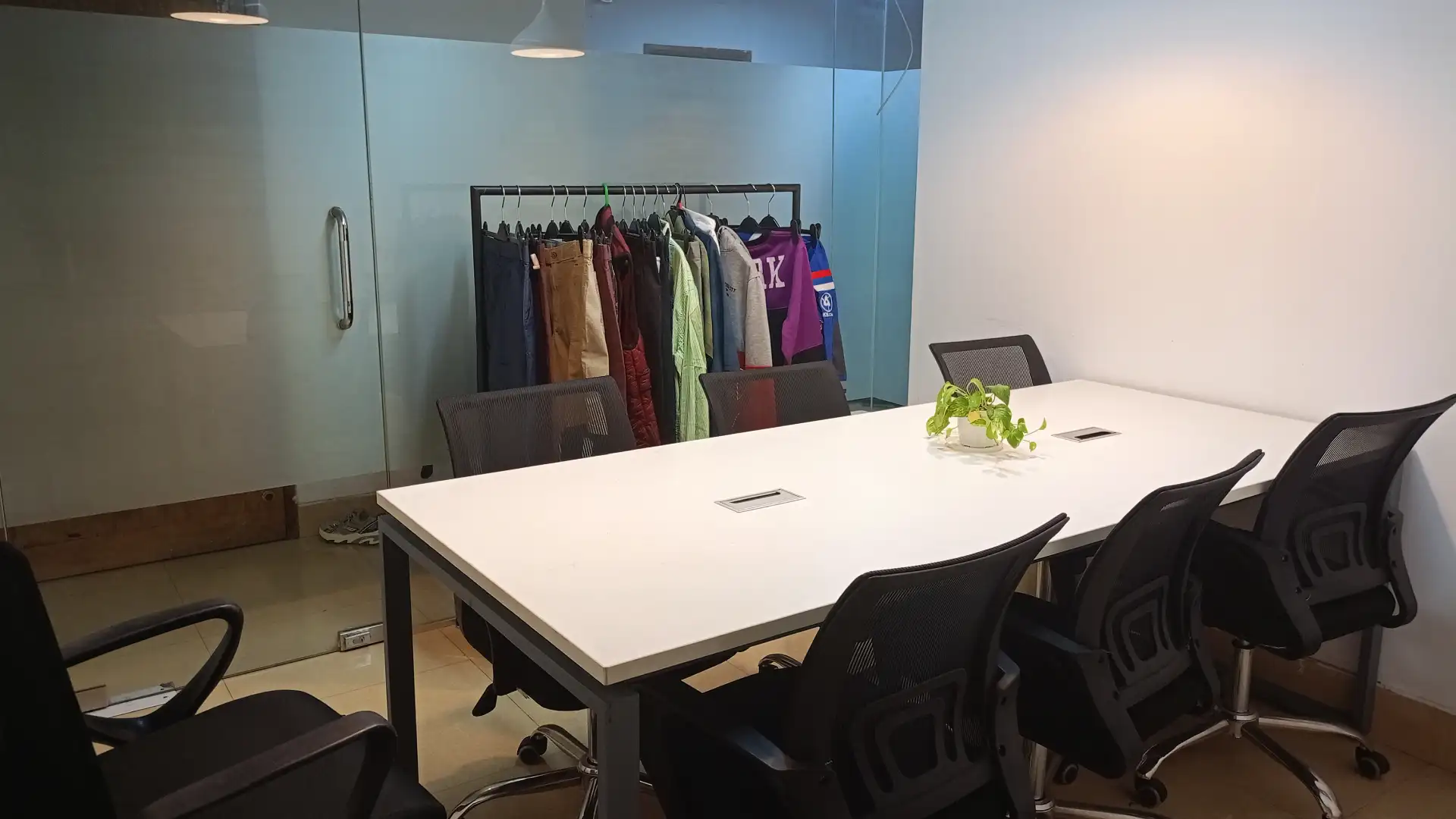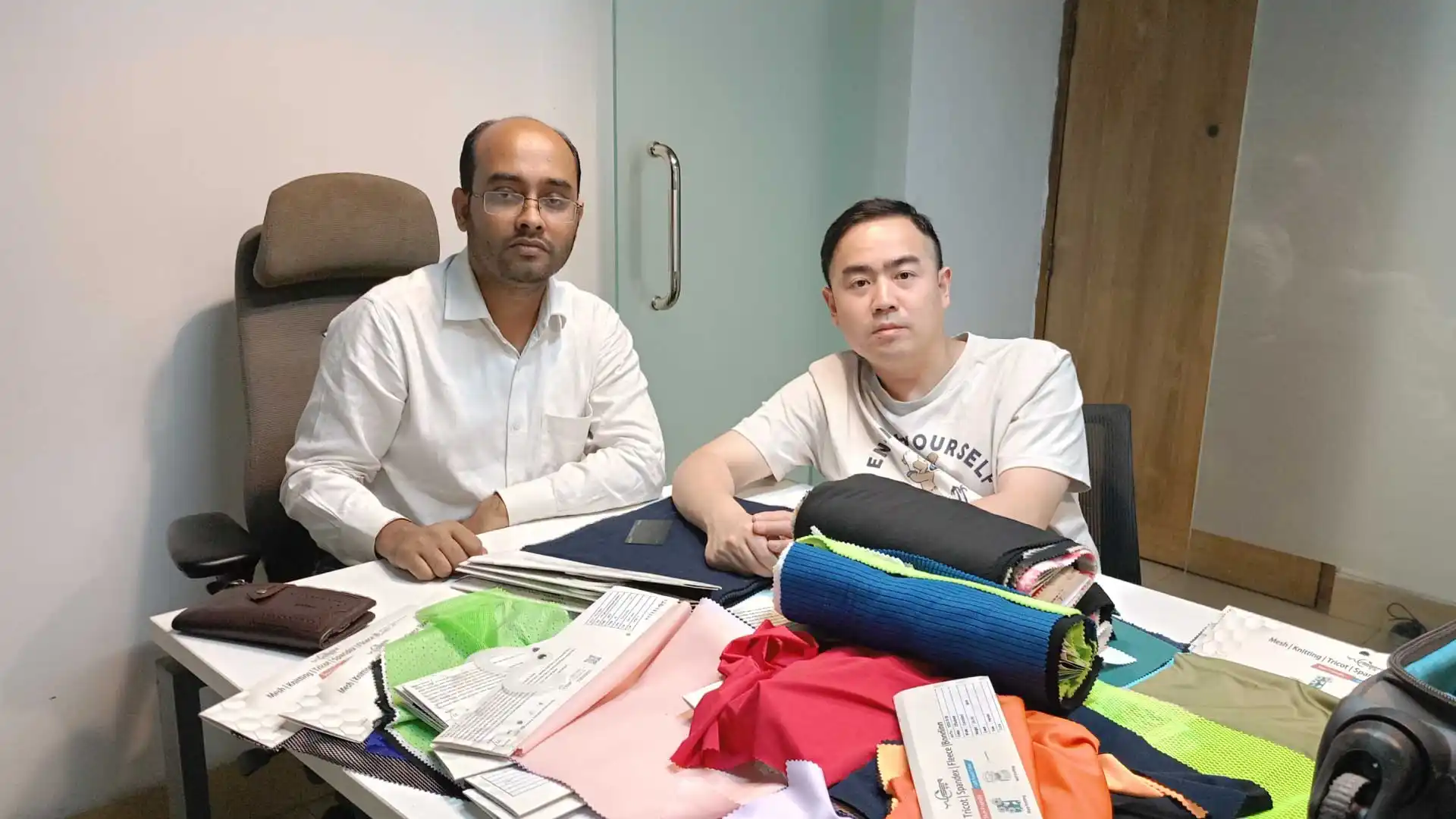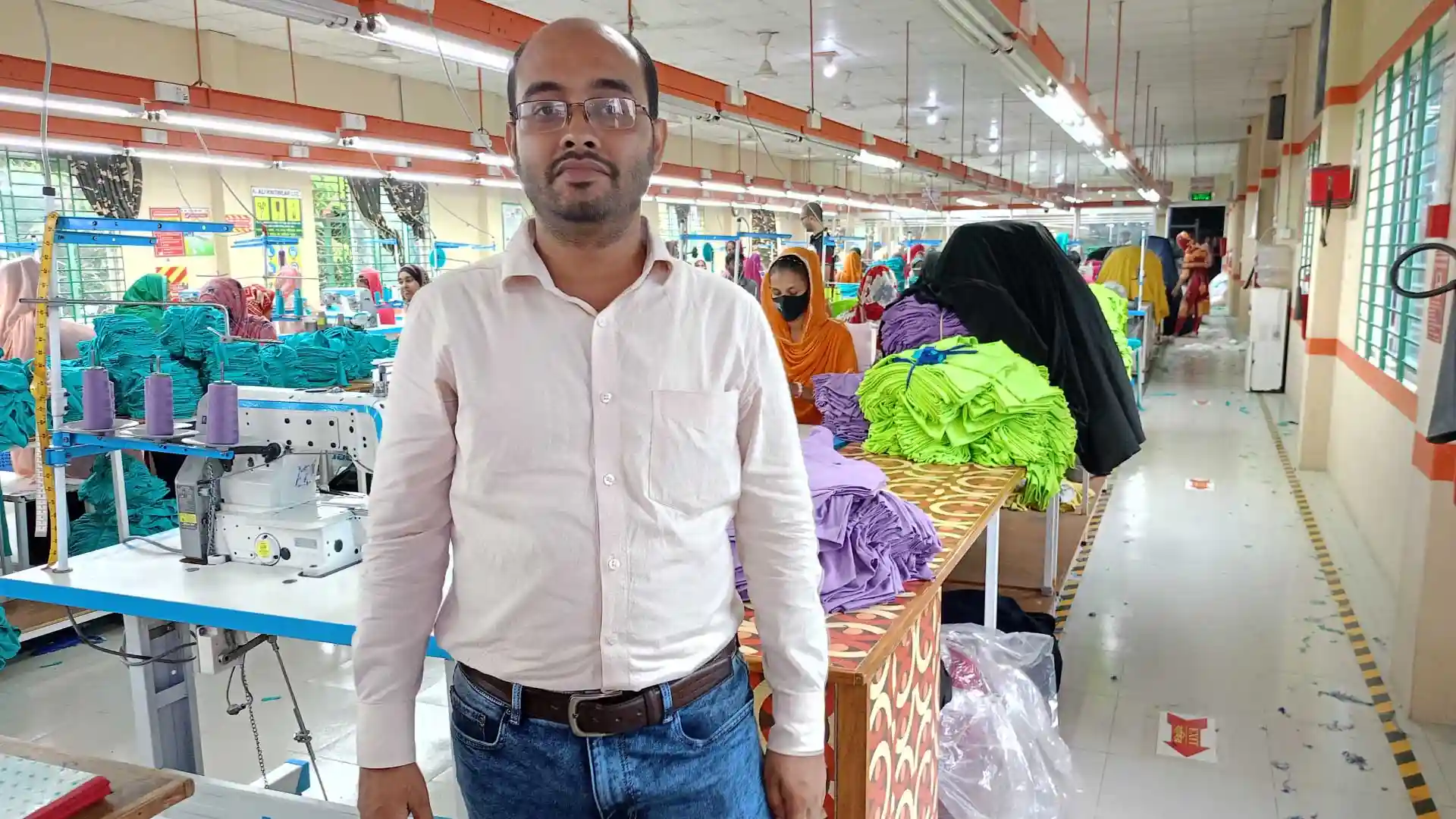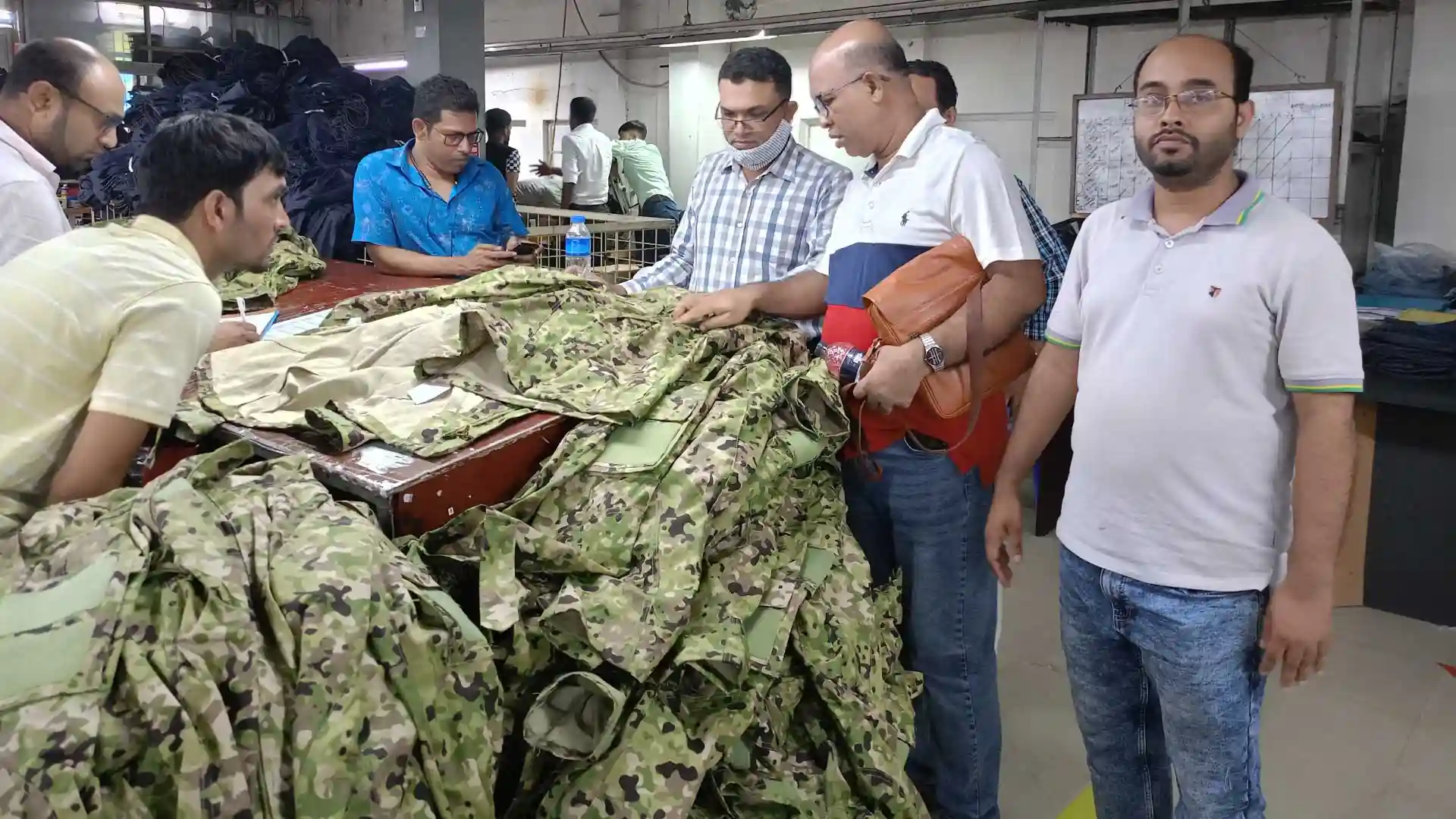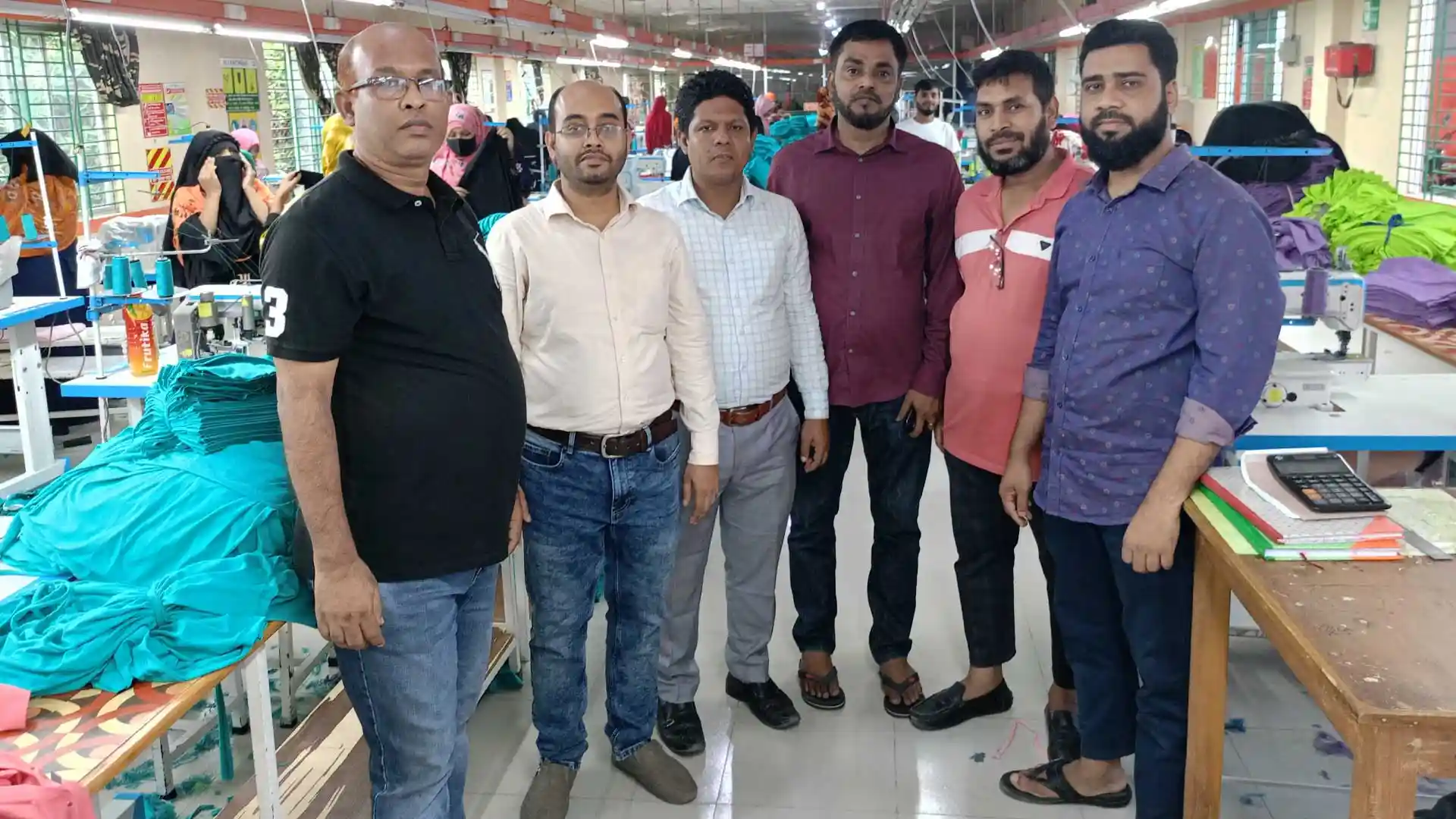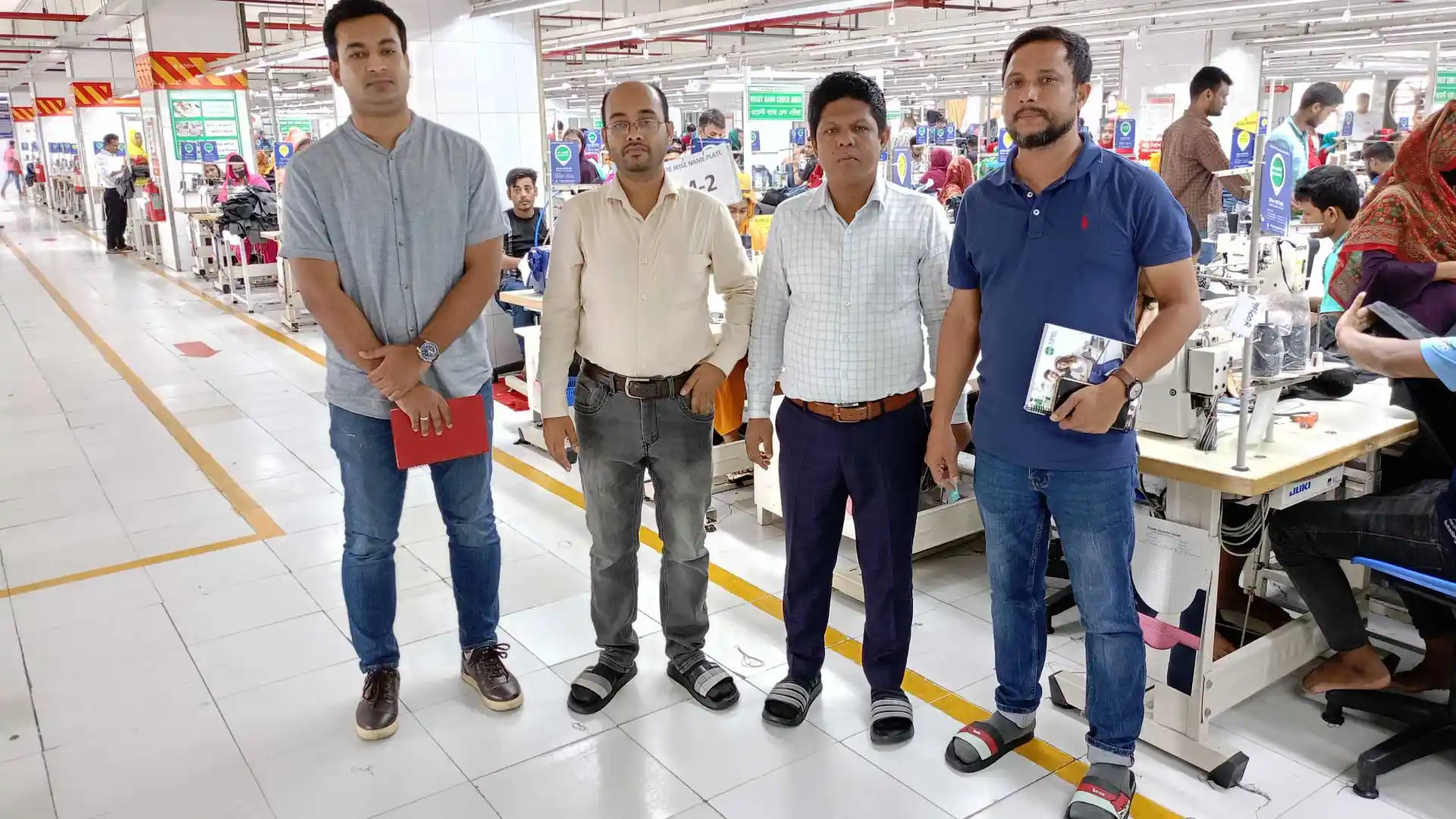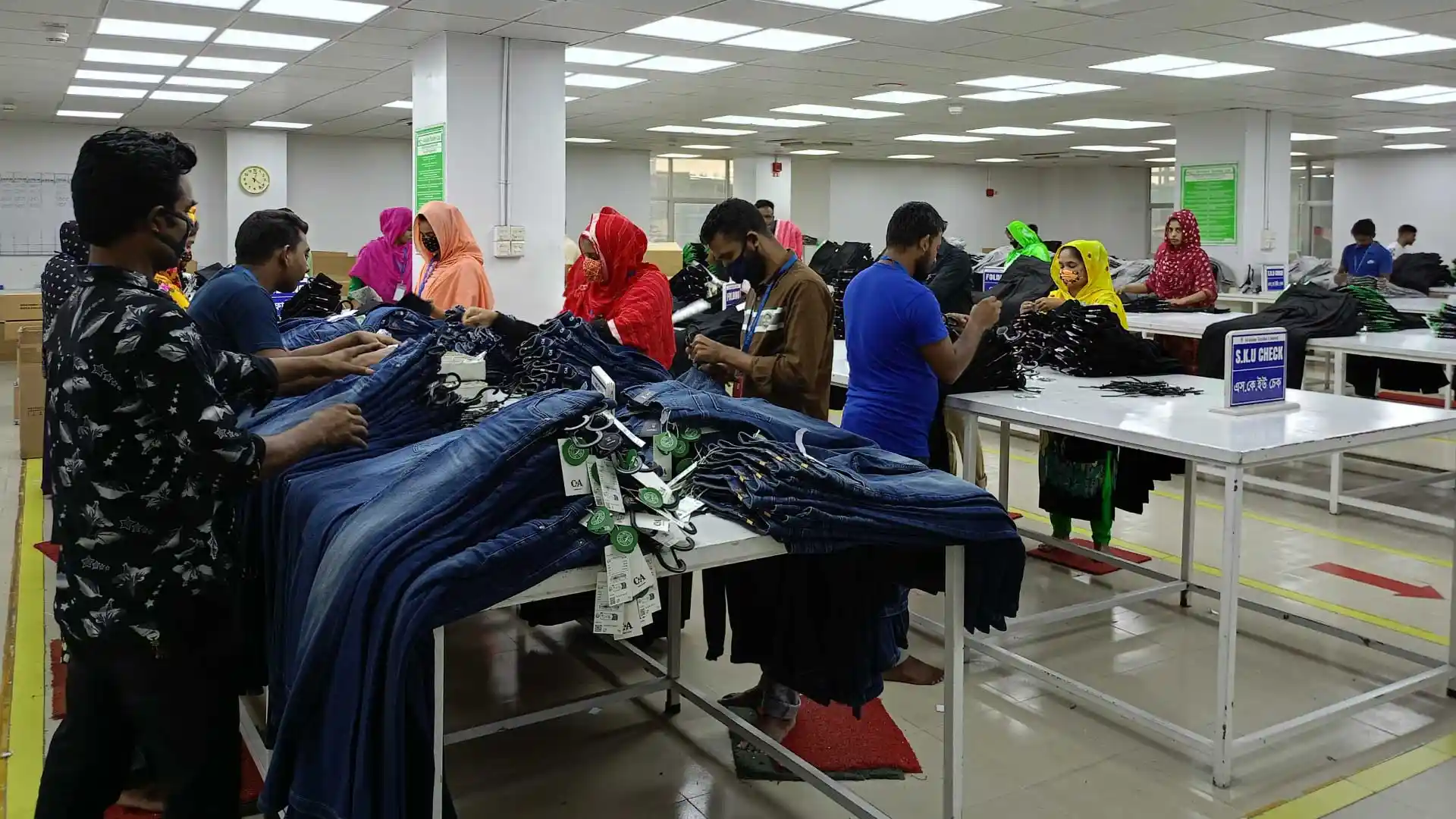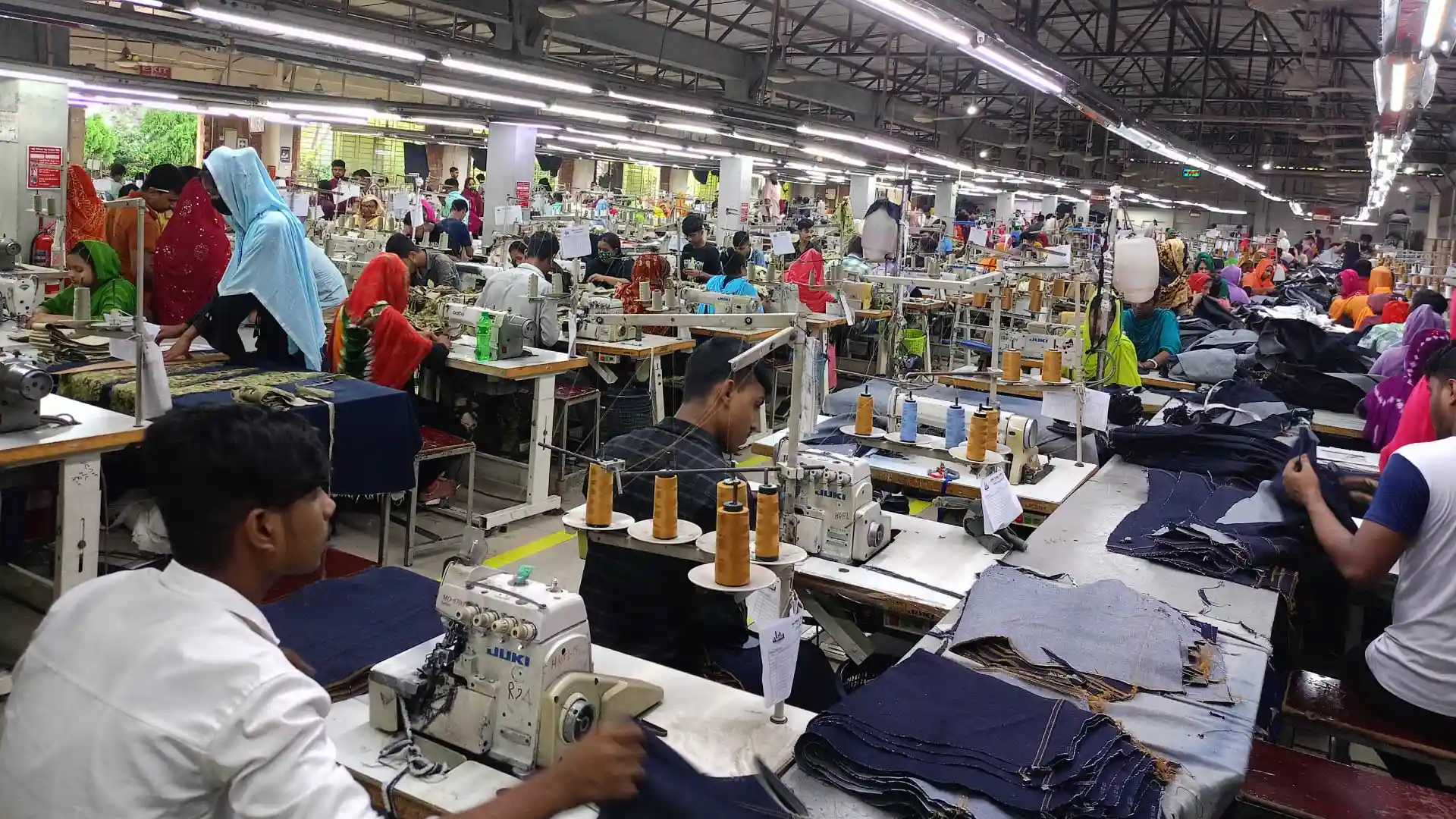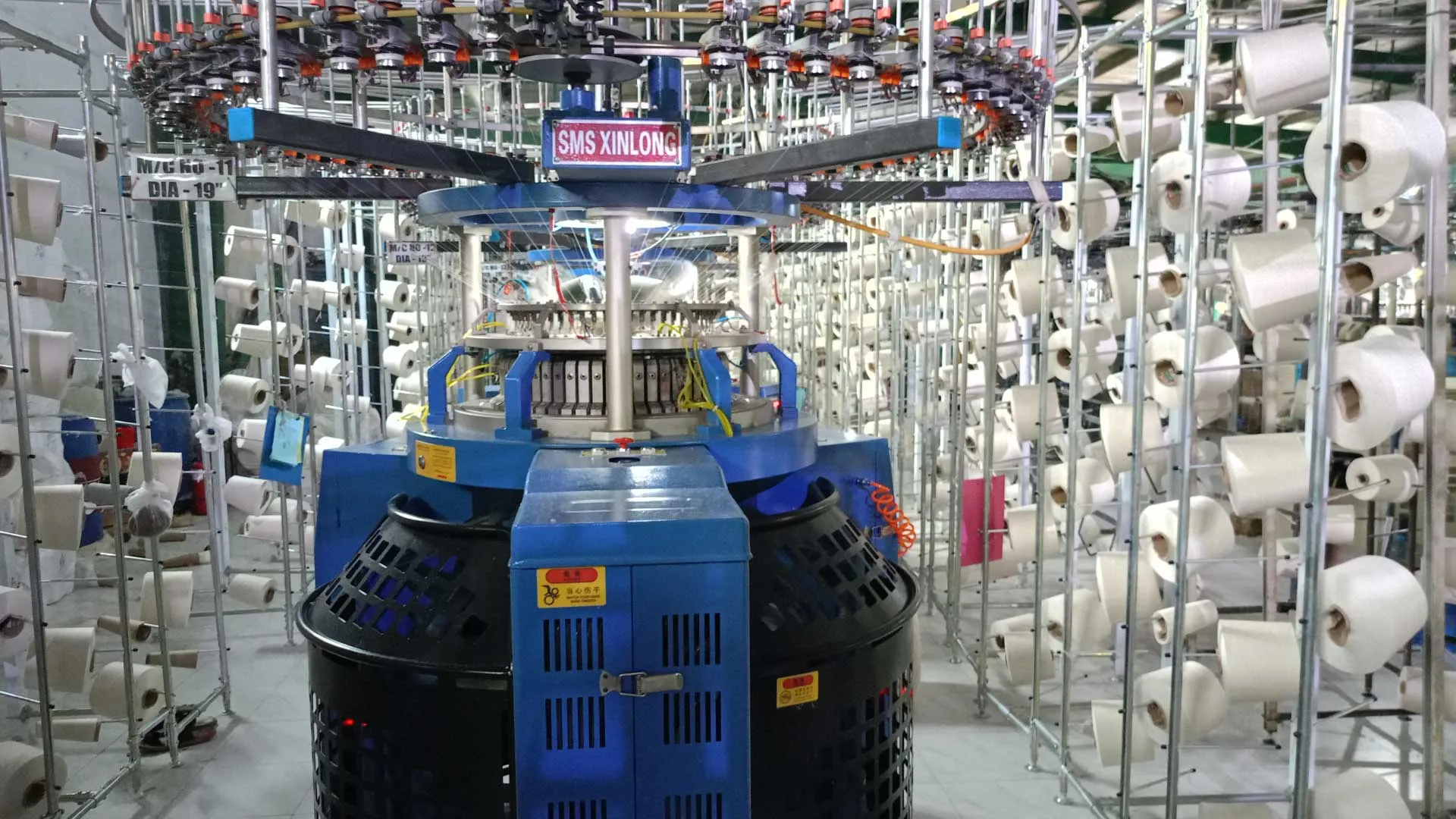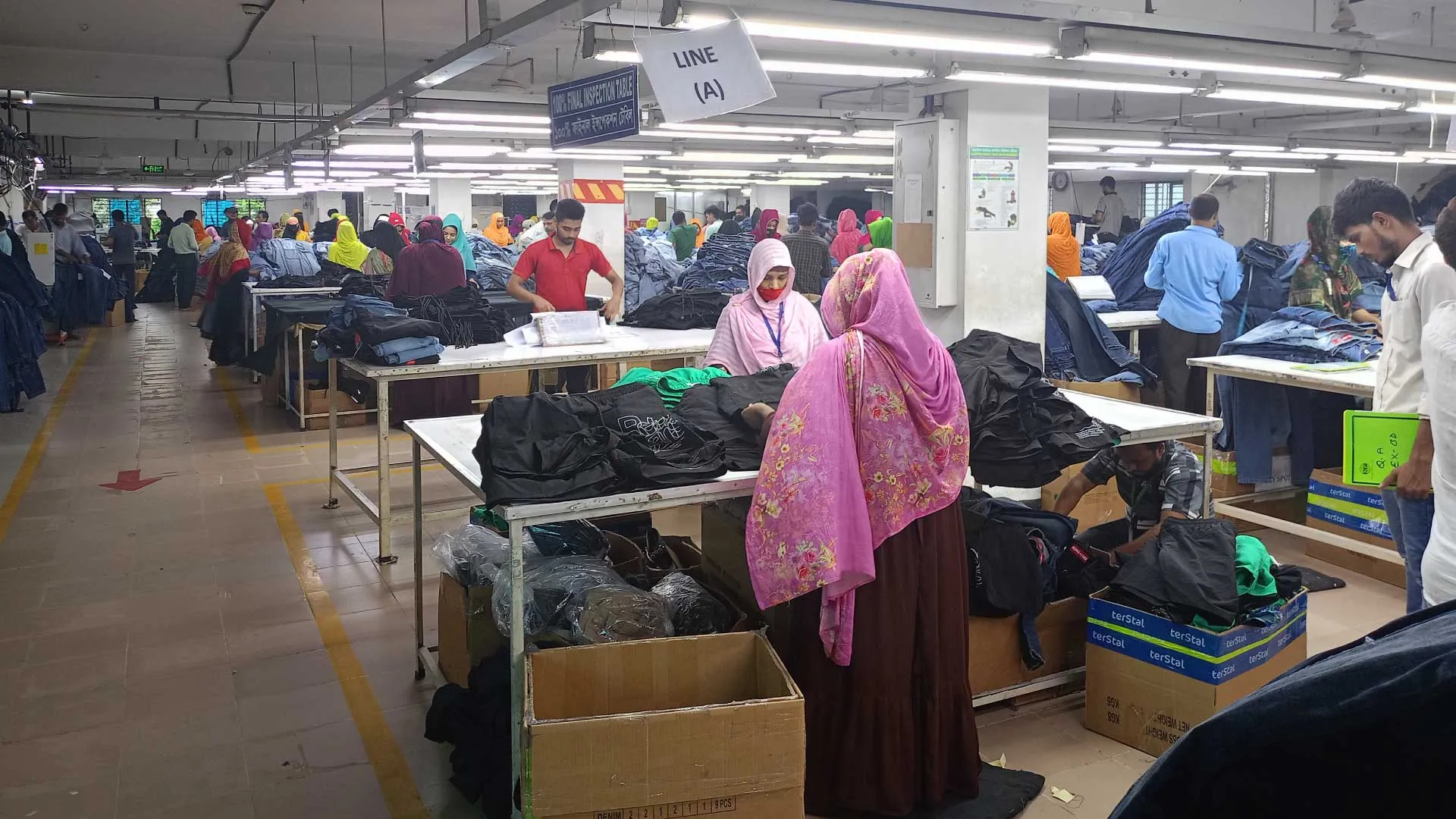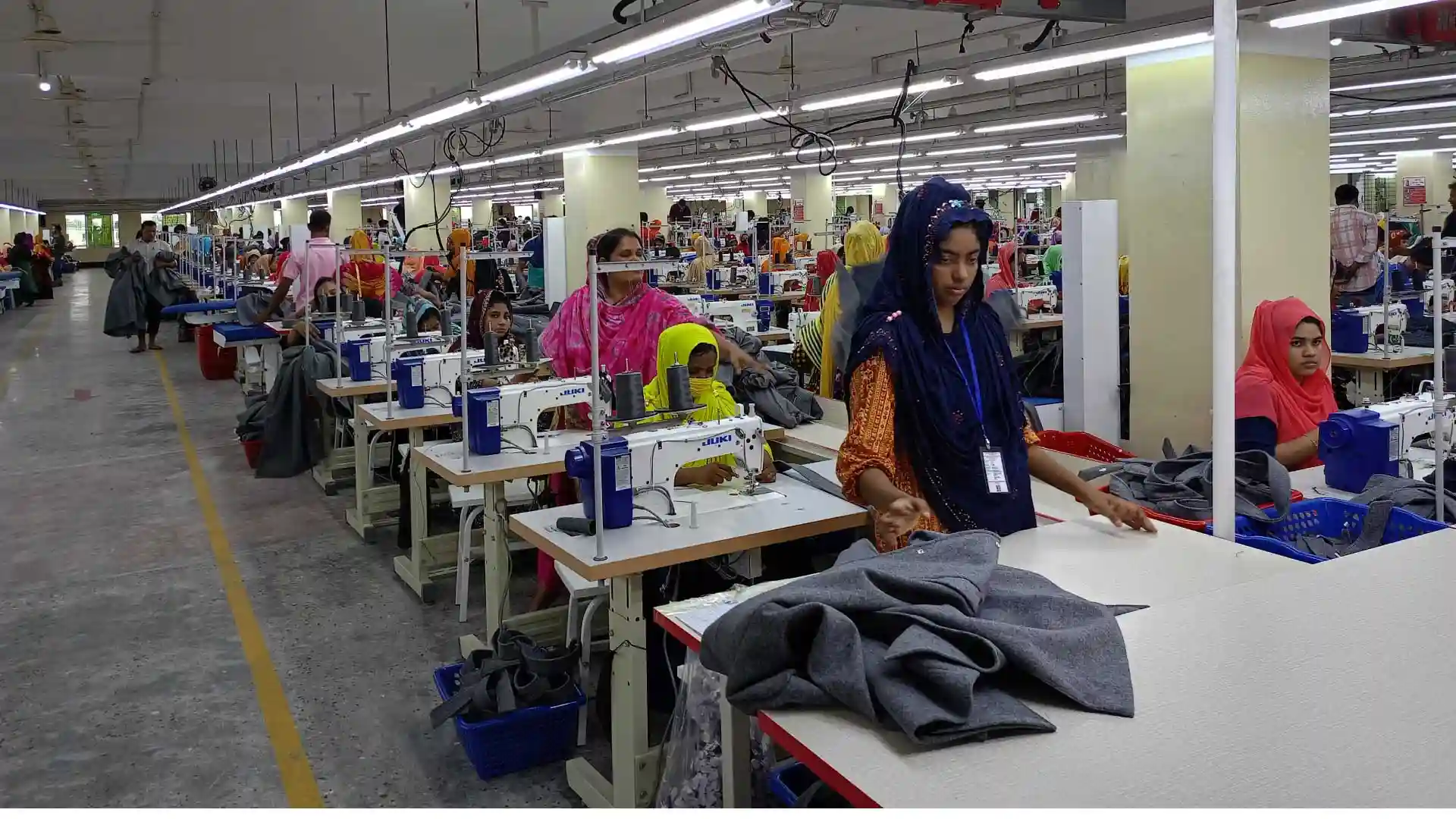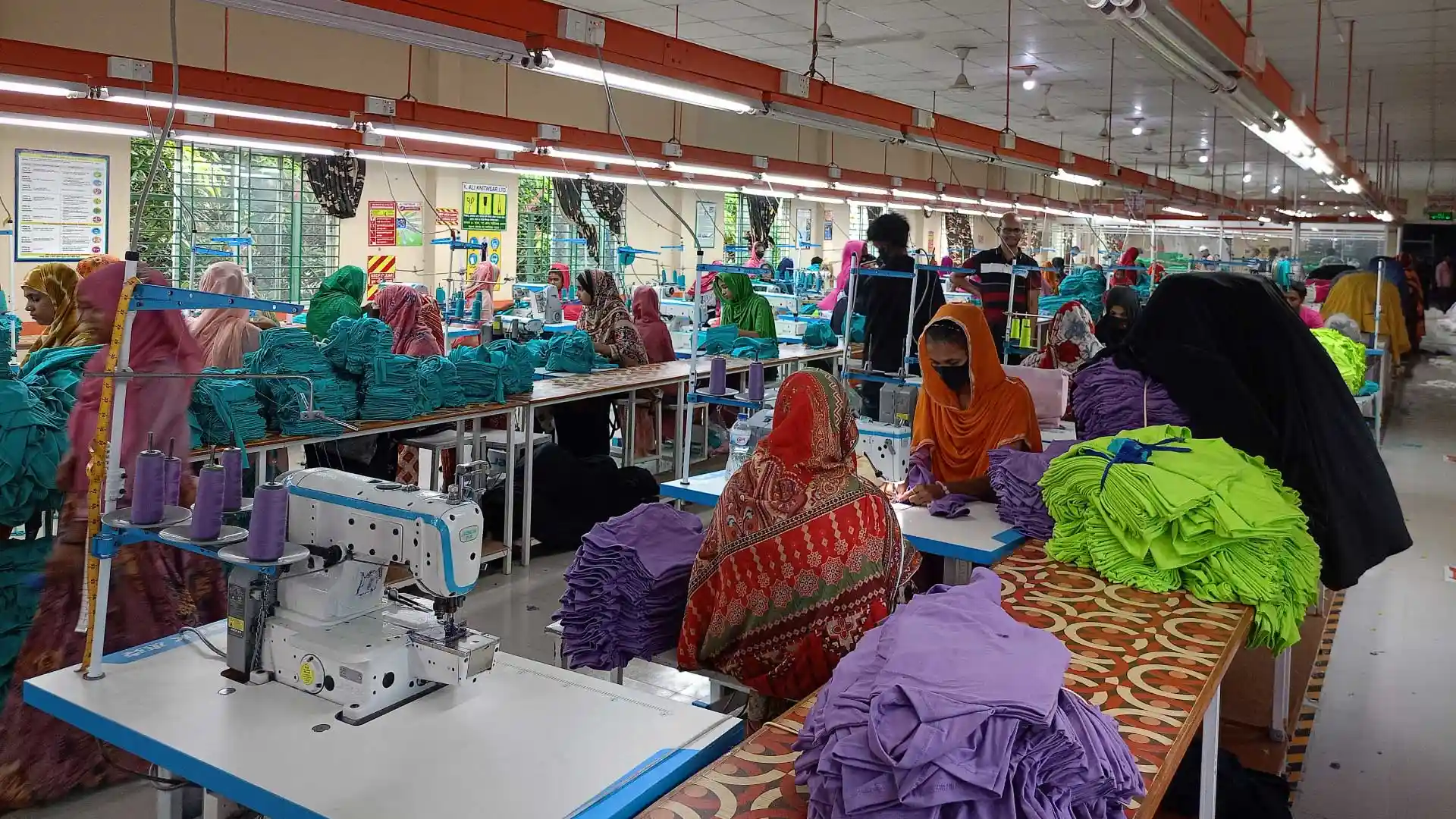Apparel Suppliers South Africa – Ethical Manufacturing, Global Standards
Looking for reliable apparel suppliers South Africa to bring your clothing line to life? At RYZEAL SOURCING, we partner with certified factories in Bangladesh and serve brands, startups, and wholesalers across major South African cities like Johannesburg, Cape Town, Durban, and Pretoria.
Whether you’re building a new fashion brand or scaling an established label, our end-to-end manufacturing support ensures premium quality, fast production, and global compliance.
We help you reduce costs, improve efficiency, and launch your collection confidently – with a dedicated team that understands both custom apparel wholesale and bulk manufacturing clothing requirements.

Nelson Mandela Statue (South Africa):
The Nelson Mandela statue in South Africa, standing with raised arms, is more than just a monument, it is a symbol of freedom, resilience, and unity. Located at the Union Buildings in Pretoria, it represents the spirit of a nation built on hope and transformation. Inspired by his legacy, our clothing production solutions for South African brands embody business empowerment, ethical manufacturing, and cultural respect. From concept to creation, we deliver garments that reflect the strength and diversity of South Africa’s identity while meeting world-class quality and sustainability standards.
About Ryzeal Sourcing
Ryzeal Sourcing is a leading clothing manufacturing company headquartered in Bangladesh, committed to helping apparel brands, wholesalers, retailers, and clothing stores around the world manufacture premium-quality garments.
With deep industry expertise and a strong production network, we offer complete apparel manufacturing solutions – from concept development and fabric sourcing to sampling, production, quality control, and shipping. Our product range includes knit wears for all age groups- babies, kids, youth, and adults.
We don’t just deliver products – we help build brands.
Ryzeal Sourcing is a leading clothing manufacturing company headquartered in Bangladesh, committed to helping apparel brands, wholesalers, retailers, and clothing stores around the world manufacture premium-quality garments.
With deep industry expertise and a strong production network, we offer complete apparel manufacturing solutions – from concept development and fabric sourcing to sampling, production, quality control, and shipping. Our product range includes knit wears for all age groups- babies, kids, youth, and adults.
We don’t just deliver products – we help build brands.
Our Products
We offer a wide range of knit garments like T-shirts, Polo Shirts, Sweatshirts, Hoodies, Crop Tops, Leggings, Yoga Pants, Activewear, Boxers, Briefs, and Short Pants, providing complete manufacturing support to our clients. Our strength lies in helping South African fashion businesses access reliable apparel manufacturers in bangladesh through a seamless sourcing model tailored to South African quality and compliance expectations. All products are produced in our associate factories, and we take full responsibility for their quality. To ensure your specifications are met, our strong QC team oversees the entire production process and provides regular updates.
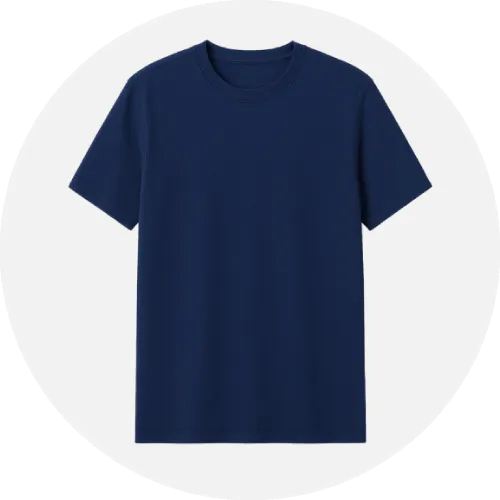
T-Shirt
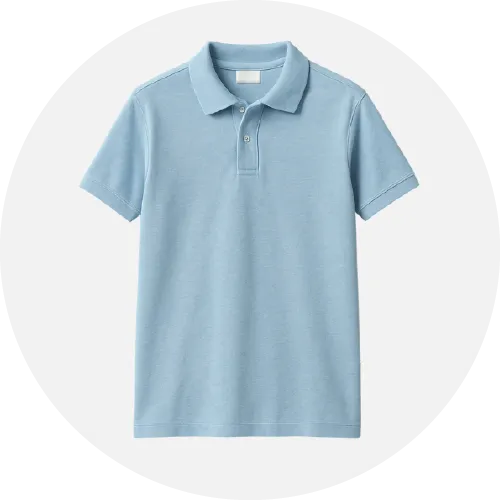
Polo Shirt
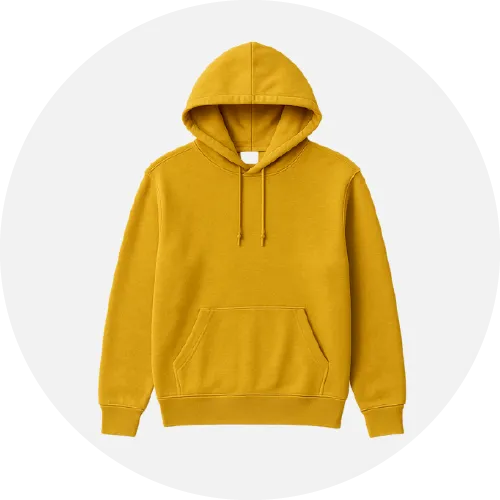
Hoodies
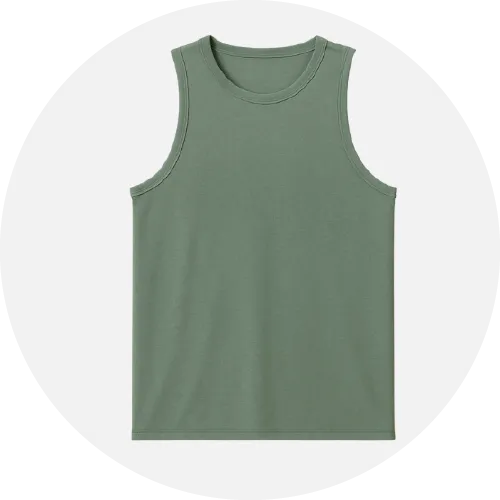
Tank Tops

Crop Tops
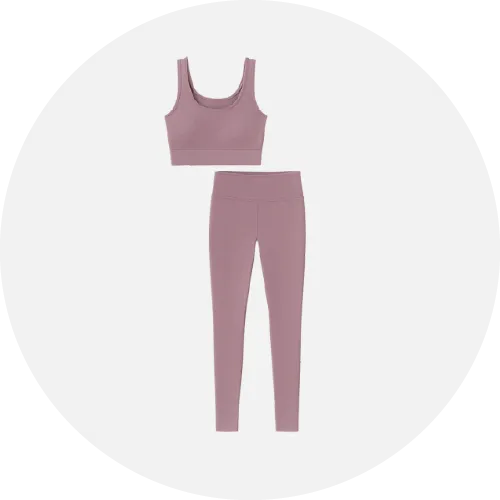
Yoga Wear
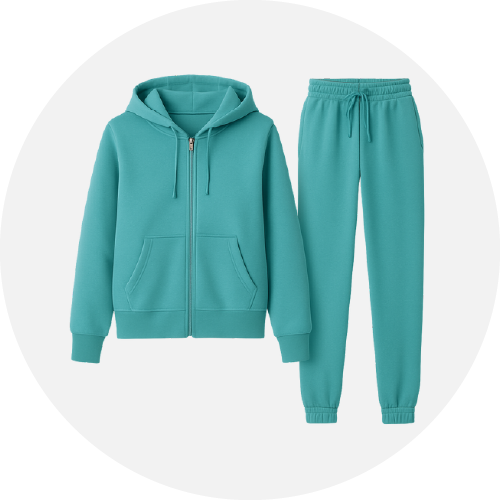
Tracksuit
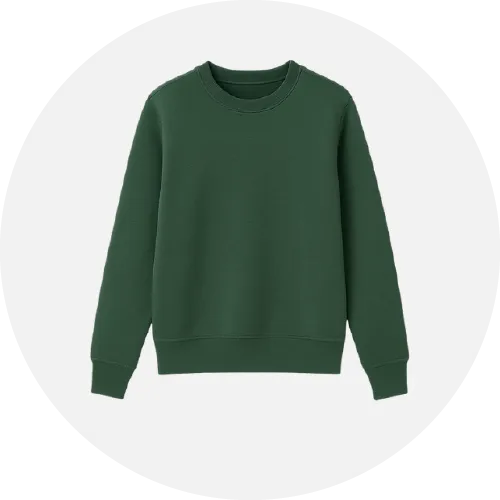
Sweatshirt
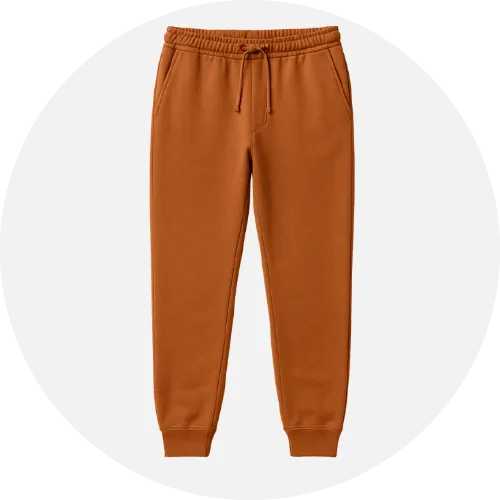
Sweatpants

Trouser
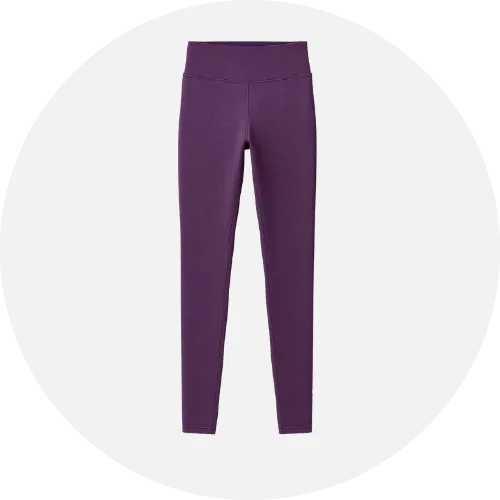
Leggings
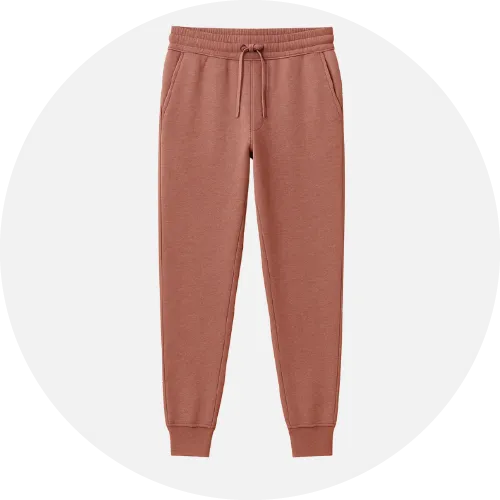
Active Wear

Panty
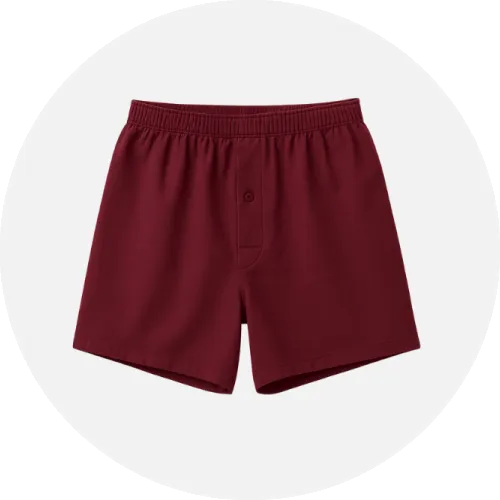
Boxer
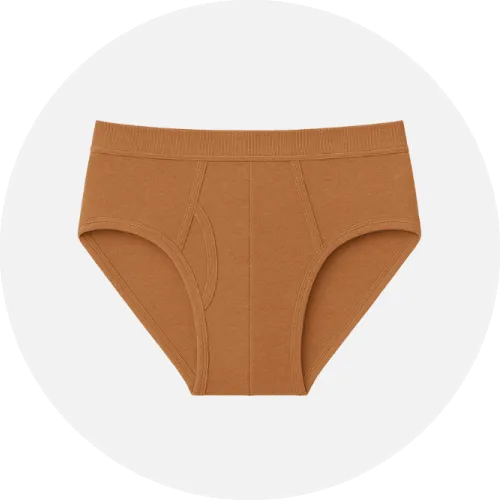
Brief

Shorts

Skirt

Kid's Rompers
Our Services

Product Design & Development

Manufacturer Sourcing

Supplier Selection

Price Negotiation

Quality Assurance
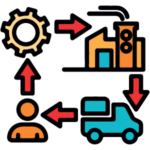
Logistics Support

Compliance Management

Status Reporting

Product Design & Development

Manufacturer Sourcing

Supplier Selection

Price Negotiation

Quality Assurance

Logistics Support

Compliance Management

Status Reporting
From Concept to Shipment: Our Workflow
1. Contact Ryzeal
2. Confirm Design
3. Fabric Selection
4. Fabric Inspection
5. Cutting
6. Embroidery
7. Sewing
8. Printing
9. Ironing
10. Finishing
11. Packaging
12. Shipping
Team RYZEAL: Committed to Your Apparel Success

Md. Matiur Rahman
Managing Director

Amirul Muminin
Executive Director

Ali Azam
Director

Imamul Mottakin
Head of Quality

Mohammad Helal
Manager-Commercial

Abu Hanif
Head of Sourcing

Nazmul Hossain Niloy
Assistant Merchandiser

Kazi Naserul Hoque
Trainee Merchandiser

Mahjabeen Sayed
Fashion Designer

Abdus Salam
IT Executive

Abida Jaman Rita
Fashion Designer

Abir Hasan Himel
Executive Digital Growth

Md. Matiur Rahman
Managing Director

Amirul Muminin
Executive Director

Ali Azam
Director

Imamul Mottakin
Head of Quality

Mohammad Helal
Manager-Commercial

Abu Hanif
Head of Sourcing

Nazmul Hossain Niloy
Assistant Merchandiser

Kazi Naserul Hoque
Trainee Merchandiser

Mahjabeen Sayed
Fashion Designer

Abdus Salam
IT Executive

Abida Jaman Rita
Fashion Designer

Abir Hasan Himel
Executive Digital Growth
Our Office & Factory Visit Highlights
Our Certifications
Manufacturing Unit Certifications



















Why Brands Trust RYZEAL?

Strong Supply Chain
We connect South African buyers with high quality clothing manufacturers in Bangladesh, offering traceable, on-time, and reliable supply through verified partners.

Bespoke Solutions
From local boutiques to fashion houses, we support brands looking for apparel manufacturers or clothing apparel manufacturers with scalable, flexible production.

Seamless Quality
Our in-house QC team works closely with fashion apparel manufacturers and merchandisers to ensure precise sizing, fabric feel, and color accuracy in every piece.

Short Lead Times
As an agile garments manufacturing company, we deliver bulk orders in just 30–45 days via efficient planning—without compromising on craftsmanship.
Small MOQ
We empower new fashion labels by acting as a custom apparel wholesale partner, offering low minimums ideal for early testing and market entry.
OEM, ODM
As a trusted OEM garment manufacturer and private label partner, we bring your design ideas to life or reproduce collections under your label—packaging included.
Sustainability
We work with eco-certified garment clothing manufacturers and suppliers committed to sustainable materials, circular fashion, and fair labor practices.
Expert Team
With decades of sourcing experience, we support apparel suppliers South Africa and distributors with smooth coordination, sample approval, and price negotiation.
service with a smile
Our Partners Believe in Us
Our team brings extensive experience gained from serving globally renowned brands

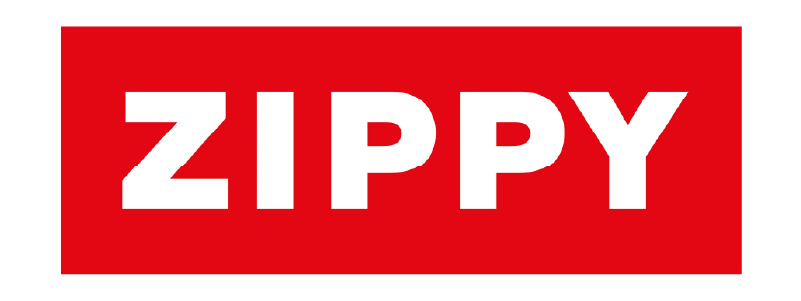




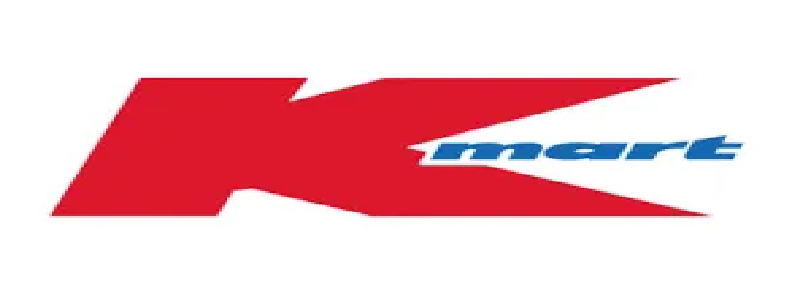
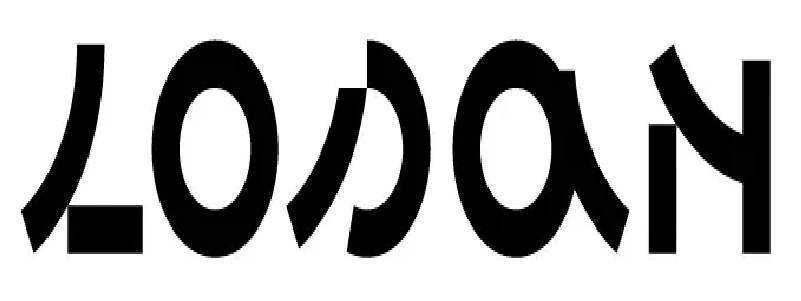

REQUEST FOR QUOTATION
We Accept












Frequently Asked Questions
Just contact us with your requirements. We’ll guide you through everything—from product development to final delivery.
Yes, we specialize in private label production. We offer full OEM and ODM services, including custom tags, logos, packaging, and designs tailored to your brand.
Yes, we love working with small brands and startups. We offer low MOQ and full support to help you grow. We start from 500–1000 pcs/style/color but can adjust based on buyer needs.
Yes, we prioritize BSCI, SEDEX, WRAP, and LEED-certified factories to ensure ethical labor practices and environmental sustainability.
Yes. We offer FOB, CIF, or DDP shipping to any South Africa port or address.
Our in-house quality control team follows strict AQL standards. We inspect at every stage and provide photo/video updates to ensure consistent production quality.
Yes, we welcome online meetings and virtual walkthroughs with our merchandising team. Just contact us to schedule a time.
Yes, our team will guide you in choosing the right fabrics, trims, and accessories based on your product design and target market.
Yes, you can request samples. We’ll make samples based on your design so you can check quality before placing a bulk order.
Yes, you’re welcome to visit our office in Dhaka. Just let us know your schedule so we can arrange everything.
Instant Help. Real People. No Delays.
We are waiting to give you full support from our end to manufacture the best garments for your apparel brand store or for your clients. Partner with us for high quality apparel- start the chat today.
Discover essential sourcing knowledge that May gives your brand a competitive edge!
Apparel Suppliers South Africa – Partnerships That Work for Local Brands

Why choosing the right apparel suppliers South Africa determines brand success
Choosing the right apparel suppliers South Africa is not simply about finding the cheapest price; it is about securing a partner who can consistently deliver quality, reliability, and flexibility. In the fast-paced fashion industry, where trends change quickly and customer expectations are high, the supplier you work with directly influences your brand’s reputation. A dependable apparel supplier ensures that your designs are accurately produced, deadlines are met without compromise, and fabrics meet the necessary durability and comfort standards.
Moreover, the right supplier understands your target market and can offer product recommendations that align with local trends, ensuring you stay competitive. For South African brands, balancing local taste with global appeal often requires suppliers who have experience in both domestic and international markets. This becomes even more critical when brands aim to expand their reach into neighbouring African countries or overseas.
Working with a trusted supplier also minimises operational risks. Issues like inconsistent sizing, late deliveries, or subpar stitching can quickly erode customer trust. A reliable partner will have quality control measures in place and a proven track record with other reputable brands.
In the long term, a strong supplier relationship can lead to better payment terms, priority production slots during peak seasons, and even collaborative product development. By investing time in choosing the right apparel suppliers South Africa, brands position themselves for sustainable growth, improved profitability, and an enhanced market presence.
How clothing manufacturers can scale South African fashion businesses
Clothing manufacturers play a critical role in helping South African fashion businesses move from small-scale operations to established industry players. The ability to scale production efficiently is often determined by the manufacturer’s infrastructure, technological capabilities, and supply chain management.
For brands aiming to expand, working with manufacturers who can handle both small trial runs and large bulk orders is vital. This flexibility allows fashion entrepreneurs to test new designs before committing to full-scale production. It also ensures that when demand spikes – whether due to seasonal trends, influencer collaborations, or retail expansion – the manufacturer can meet deadlines without sacrificing quality.
Advanced manufacturers also bring in automation, digital pattern-making, and sustainable production techniques that improve efficiency and reduce waste. This is particularly beneficial for South African brands looking to align with the growing global demand for ethical and eco-friendly fashion.
Moreover, experienced manufacturers have established relationships with fabric mills, accessory suppliers, and logistics partners, streamlining the entire production process. This not only reduces lead times but can also lower costs through bulk purchasing and consolidated shipments.
By partnering with the right clothing manufacturers, South African fashion businesses can scale strategically, entering new markets, increasing product variety, and competing with global brands while maintaining their unique local identity.
Building long-term trust with apparel manufacturers through quality and reliability
For any brand, long-term success in the apparel industry depends heavily on trust – and trust is built through consistent quality and reliability. When South African brands work with apparel manufacturers that consistently meet specifications, deliver on time, and communicate transparently, the partnership grows stronger over time.
Reliability means more than just punctual delivery; it includes ensuring every garment meets agreed-upon standards for stitching, fabric weight, colour consistency, and fit. Manufacturers who invest in skilled workers, modern equipment, and rigorous quality control procedures tend to maintain this level of reliability.
Regular communication is another pillar of trust. A manufacturer who provides updates at each stage of production, shares test results, and offers solutions to potential delays is a valuable asset. This proactive approach allows brands to plan their marketing, sales, and inventory management more effectively.
Over time, trusted manufacturers may also provide creative input, suggesting cost-effective alternatives, new fabric technologies, or design improvements based on market trends. This collaborative approach not only improves the product but also strengthens the business relationship.
By prioritising quality and reliability in their partnerships with apparel manufacturers, South African brands create a dependable supply chain that can support their growth and enhance their reputation among retailers and consumers alike.
Case studies of South African brands working with high quality clothing manufacturers
Several South African brands have experienced remarkable growth by partnering with high quality clothing manufacturers. For example, a Cape Town-based sportswear label collaborated with a Bangladeshi manufacturer known for its precision cutting and advanced sublimation printing. This allowed the brand to produce unique, performance-driven designs that stood out in the market, leading to increased retail contracts and online sales.
Another Johannesburg streetwear brand worked with a manufacturer specialising in small-batch production, enabling them to release limited edition drops every quarter. The exclusivity and craftsmanship boosted their brand image and attracted a loyal customer base.
A Durban-based corporate apparel company partnered with a manufacturer offering both OEM and ODM services. This provided them with access to ready-to-customise templates, reducing design lead times while ensuring consistent quality for large corporate orders.
These examples highlight the benefits of working with manufacturers that not only meet technical requirements but also understand brand vision. Whether it’s innovation, scalability, or maintaining premium quality, the right manufacturing partner can transform a brand’s market position.
For South African brands aiming for long-term success, aligning with high quality clothing manufacturers is not just an operational decision – it’s a strategic move that can define the trajectory of the business.
Sustainable Garment Sourcing with Apparel Suppliers South Africa
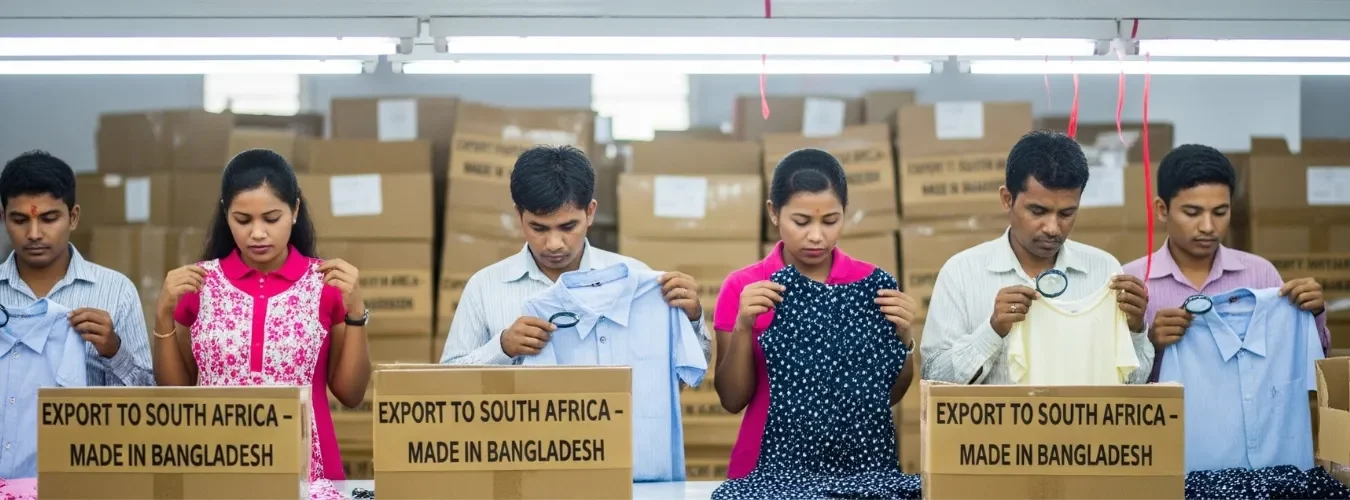
How sustainable apparel suppliers South Africa give brands a competitive edge
Sustainable apparel suppliers South Africa are no longer just a niche choice; they are a critical driver of competitive advantage in today’s fashion industry. Consumers are becoming increasingly conscious of the environmental and ethical impact of the clothing they purchase, and they actively seek brands that align with their values. By partnering with suppliers who use eco-friendly materials, implement waste reduction processes, and ensure ethical labour conditions, South African brands can stand out in a crowded marketplace.
The competitive edge comes from more than just positive brand perception. Sustainable suppliers often have access to innovative fabrics such as organic cotton, recycled polyester, bamboo fibre, and biodegradable textiles. These materials not only appeal to eco-conscious customers but also meet international standards, allowing brands to expand into global markets that have strict sustainability requirements.
In addition, sustainable sourcing can improve operational efficiency in the long run. For example, using energy-efficient production methods or water-saving dyeing techniques can reduce costs over time while lessening environmental impact. This positions the brand as both responsible and forward-thinking.
The marketing benefits are also substantial. Brands can tell compelling stories about their sustainability journey, creating deeper connections with customers through transparency and authenticity. With social media amplifying these narratives, a brand’s ethical stance can directly influence purchasing decisions.
By working with sustainable apparel suppliers South Africa, brands gain access to quality, innovation, and market differentiation – all of which are essential for growth in the modern fashion industry.
Benefits of sourcing from sports apparel manufacturers with eco-friendly practices
Sports apparel is a high-demand sector in South Africa, with growing interest in activewear for fitness, outdoor activities, and athleisure fashion. Partnering with sports apparel manufacturers that prioritise eco-friendly practices offers brands significant benefits, both in performance and perception.
Firstly, eco-conscious sports apparel manufacturers utilise fabrics that provide the durability and functionality athletes require while being kinder to the planet. Materials like recycled polyester from post-consumer plastic bottles or moisture-wicking fabrics made from sustainable fibres reduce environmental impact without compromising performance. This allows brands to market their products as both high-quality and environmentally responsible.
Secondly, these manufacturers often integrate sustainable production techniques, such as digital printing to reduce water waste, solar-powered facilities to cut carbon emissions, and closed-loop water systems to prevent harmful discharge. Such practices not only meet sustainability goals but also align with international sportswear market trends.
Eco-friendly sportswear also opens opportunities in export markets, where retailers increasingly demand certifications like Global Recycled Standard (GRS) or OEKO-TEX Standard 100. Meeting these requirements can help South African brands secure contracts with global distributors and e-commerce platforms.
Finally, sustainable sportswear can boost customer loyalty. Today’s consumers – especially younger demographics – value brands that contribute positively to the environment. By sourcing from eco-friendly sports apparel manufacturers, South African brands can create products that embody performance, style, and responsibility, building a stronger market position in the activewear segment.
Leveraging OEM garment manufacturer partnerships for sustainable collections
An OEM garment manufacturer can be a valuable partner for South African brands aiming to develop sustainable collections without building extensive production infrastructure. OEM (Original Equipment Manufacturer) services allow brands to leverage the expertise, technology, and supply chain of established manufacturers while maintaining their own label identity.
Sustainable-focused OEM manufacturers often have established relationships with certified fabric suppliers, access to eco-friendly trims and dyes, and experience in producing garments that meet strict environmental standards. This gives South African brands the ability to launch sustainable lines faster and with reduced risk, as they benefit from tried-and-tested production processes.
Moreover, working with an OEM partner enables brands to customise designs while incorporating sustainable features. For example, a brand could request garments made from organic cotton, with natural dyes, and packaged in biodegradable materials. The manufacturer’s technical knowledge ensures these choices are implemented effectively and consistently.
Another key advantage is scalability. OEM garment manufacturers can start with small runs for market testing and quickly scale up when demand grows – all while maintaining sustainability commitments. This flexibility is crucial for brands looking to respond to changing trends without overproducing.
By forming partnerships with the right OEM garment manufacturer, South African brands can introduce eco-conscious collections that align with consumer demand, regulatory requirements, and global sustainability movements, ultimately strengthening their competitive edge in both local and international markets.
Certifications South African brands should seek from fashion apparel manufacturers
For South African brands sourcing from fashion apparel manufacturers, verifying sustainability claims is essential. Certifications provide assurance that products meet recognised environmental and social responsibility standards, helping brands build credibility with both customers and retailers.
One of the most respected certifications is the Global Organic Textile Standard (GOTS), which ensures organic status of textiles and includes strict environmental and social criteria. For brands using recycled materials, the Global Recycled Standard (GRS) confirms the authenticity and traceability of recycled content.
The OEKO-TEX Standard 100 is another important certification, indicating that garments are tested for harmful substances and are safe for human use. Similarly, Fair Trade Certified products guarantee that workers involved in the supply chain are paid fair wages and work under safe conditions.
Sustainability in production processes can also be validated through certifications like ISO 14001 for environmental management systems or bluesign® for chemical safety and resource efficiency in textile manufacturing.
For South African brands exporting to markets like the EU or USA, having these certifications can be a prerequisite for entry into major retail chains. They not only meet compliance requirements but also serve as strong marketing tools, allowing brands to communicate their ethical and environmental commitments.
By prioritising partnerships with fashion apparel manufacturers that hold recognised certifications, South African brands can ensure transparency, maintain high-quality standards, and appeal to the growing segment of conscious consumers.
How to Find Reliable Apparel Suppliers South Africa for Wholesale Success
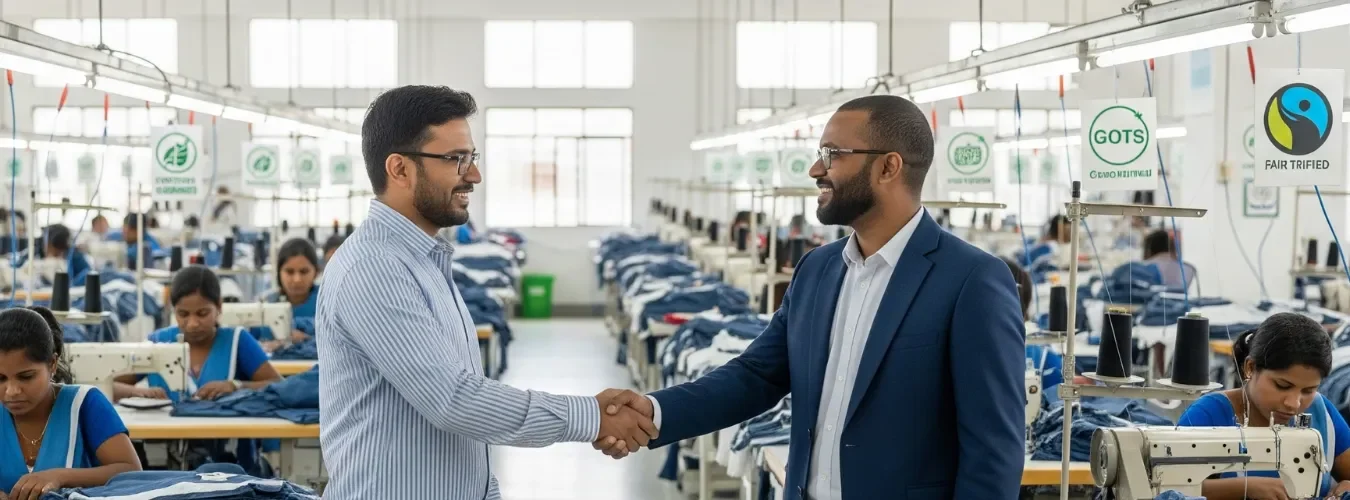
Key qualities of wholesale apparel suppliers South Africa retailers can trust
When identifying wholesale apparel suppliers South Africa retailers can rely on, several key qualities determine long-term business success. The first is product quality. Suppliers must consistently provide garments that meet agreed-upon specifications for fabric composition, stitching durability, sizing accuracy, and finishing. Poor quality leads to returns, dissatisfied customers, and a damaged retail reputation.
The second is reliability in fulfilment. Retailers need suppliers who can deliver on time, every time, especially during peak seasons. This requires efficient inventory management, streamlined logistics, and the ability to handle both small and bulk orders without compromising speed or accuracy.
Third is transparent communication. A trusted supplier keeps retailers informed at every stage – from order confirmation and production updates to shipping timelines. This level of communication builds trust and prevents costly misunderstandings.
Fourth is competitive pricing without sacrificing quality. The right supplier understands the market realities in South Africa and offers prices that allow retailers to maintain healthy margins while still delivering value to consumers.
Finally, ethical and sustainable practices have become critical. Consumers increasingly demand that the clothing they purchase is produced under fair labour conditions and with minimal environmental harm. Retailers who partner with ethical suppliers gain a competitive edge by aligning with customer values.
By focusing on these qualities – quality, reliability, transparency, competitive pricing, and ethics – South African retailers can build strong, profitable relationships with wholesale apparel suppliers.
Comparing wholesale apparel companies vs. wholesale apparel distributors for retail growth
In the wholesale fashion industry, retailers often work with either wholesale apparel companies or wholesale apparel distributors, and understanding the difference between the two is essential for strategic growth.
Wholesale apparel companies are typically manufacturers or direct suppliers that design, produce, and sell clothing in bulk. Working with them allows retailers to access customised production, negotiate directly on materials and designs, and maintain closer control over product quality. However, these relationships may require larger minimum order quantities (MOQs) and longer lead times due to manufacturing schedules.
Wholesale apparel distributors, on the other hand, act as intermediaries between manufacturers and retailers. They purchase large quantities from various manufacturers and resell them to retailers in smaller batches. This can be advantageous for startups or small retailers that want diverse product lines without committing to large MOQs. Distributors also tend to offer faster turnaround times since they hold inventory, but the trade-off can be higher prices and less control over product design or sourcing.
For retail growth, the choice depends on business goals. A retailer looking to build a unique brand identity may prefer working directly with a wholesale apparel company for customised products. Those prioritising speed, flexibility, and variety might benefit more from partnering with distributors.
In many cases, a hybrid approach works best – sourcing core, high-margin products directly from manufacturers while using distributors for seasonal or trend-driven items. This strategy ensures a balanced product mix, better cash flow management, and the ability to adapt quickly to changing consumer demands.
Why sourcing from best quality wholesale clothing providers reduces returns and boosts loyalty
Partnering with the best quality wholesale clothing providers has a direct impact on customer satisfaction, returns, and loyalty. When retailers source garments that meet or exceed customer expectations, they reduce the likelihood of returns caused by poor fit, inferior fabric, or substandard workmanship.
High-quality wholesale clothing is made from durable, comfortable materials that retain their shape, colour, and feel after multiple washes. This longevity not only enhances the customer’s perception of value but also reflects positively on the retailer’s brand. In a competitive market like South Africa, where price competition is fierce, quality can be the defining factor that keeps customers coming back.
Additionally, sourcing from top-tier providers helps maintain consistency across product lines. Customers expect a certain standard when they shop from a brand, and any variation in quality can erode trust. By working with reputable suppliers, retailers ensure that every shipment meets the same high standards.
Quality sourcing also opens doors to premium pricing strategies. Customers are often willing to pay more for products they know will last, which improves profit margins. Moreover, positive customer experiences lead to word-of-mouth referrals, further boosting brand visibility and growth.
In the era of social media reviews and instant feedback, poor quality can quickly damage a retailer’s reputation. Conversely, consistently delivering excellent products builds a loyal customer base that not only repurchases but also advocates for the brand.
Ultimately, sourcing from the best quality wholesale clothing providers is an investment in long-term retail success, reducing costly returns and fostering customer loyalty.
Vetting garment suppliers for quality, ethics, and consistent delivery
For South African retailers, vetting garment suppliers is essential to ensure product quality, ethical compliance, and reliable delivery. The process should begin with a thorough background check, including reviewing the supplier’s history, client references, and any available online feedback. This helps assess their track record in meeting quality and delivery commitments.
Quality verification involves requesting samples before placing bulk orders. Retailers should inspect fabric texture, stitching, labelling, and overall garment construction to ensure they meet brand standards. For ongoing partnerships, conducting periodic quality checks on delivered goods is equally important to maintain consistency.
Ethics are a growing concern in the apparel industry. Retailers should confirm that suppliers follow fair labour practices, provide safe working conditions, and avoid exploitative labour. Third-party audits or recognised certifications like Fair Trade, WRAP (Worldwide Responsible Accredited Production), or SEDEX membership can provide additional assurance.
Consistency in delivery is another critical factor. Reliable suppliers have robust production planning, contingency measures for delays, and efficient logistics systems to meet deadlines. Retailers can test this reliability by starting with smaller orders and scaling up as trust is established.
Technology can further enhance vetting. Many retailers now use supply chain management platforms to track orders, monitor production progress, and ensure timely communication with suppliers.
By thoroughly vetting garment suppliers for quality, ethics, and delivery reliability, South African retailers can protect their brand reputation, avoid costly disruptions, and build partnerships that support sustainable business growth.
Prefer a Face-to-Face Online? Let’s Meet...

- YouTube Channel

- Linkedin Company Page

- X Profile

- Facebook Page



